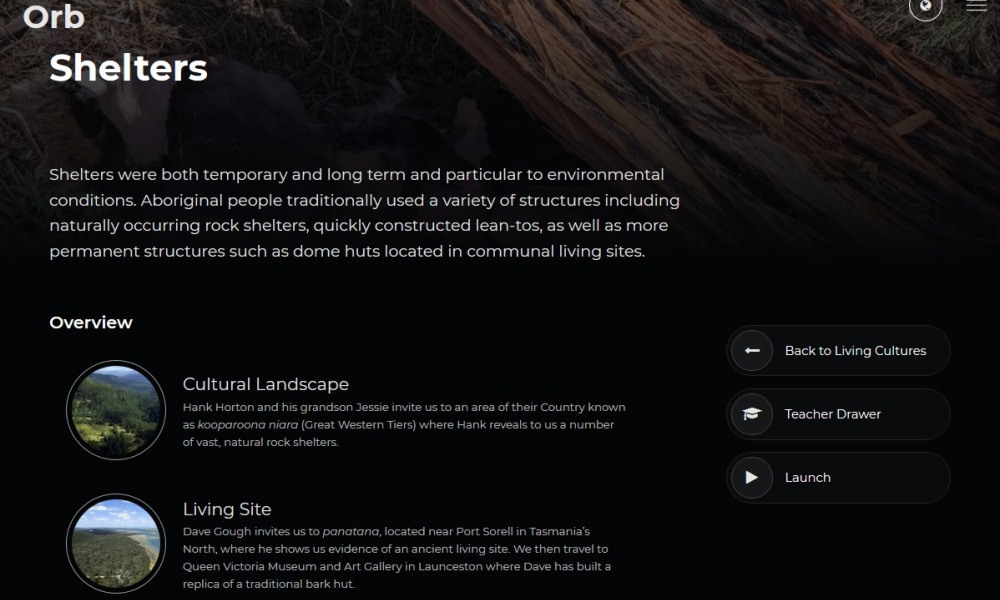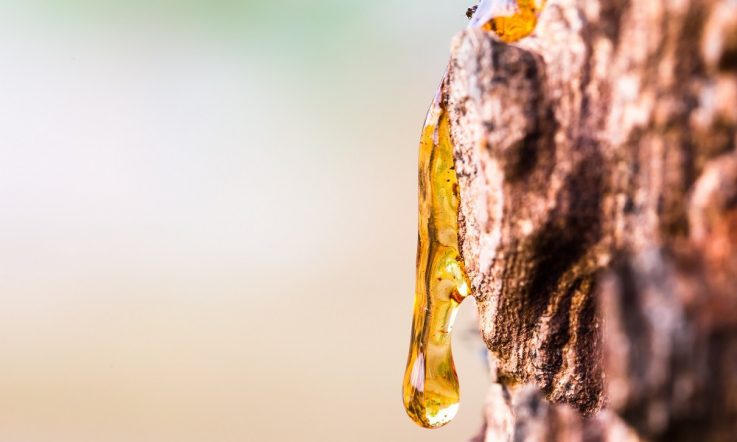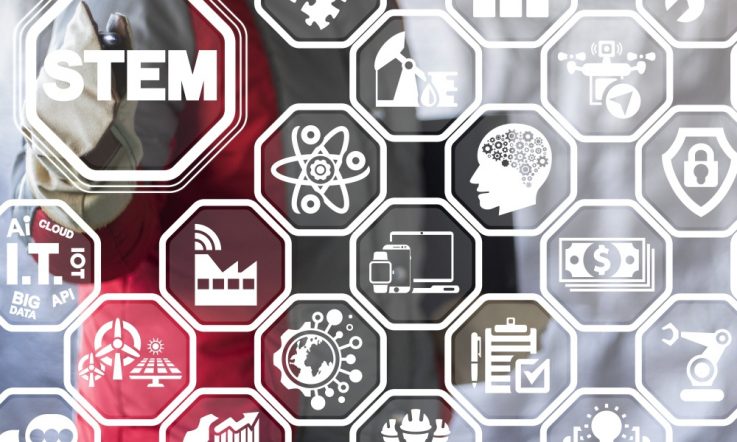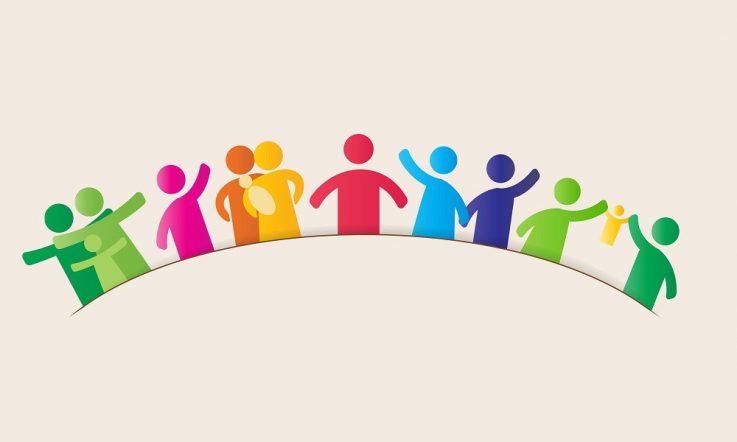If you've ever felt out of your depth or a lack of confidence when preparing to teach a particular concept, topic or aspect of the curriculum, where did you turn to for help? One source of support can be external expertise.
Multimedia education resource The Orb features autobiographical stories from Tasmanian Aboriginal people. The video stories and related materials, developed by the state's Department of Education (DoE), are aligned to the Australian Curriculum.
Todd Sculthorpe – an Inclusive Curriculum Project Officer in the DoE's Aboriginal Education Services (AES) – says Tasmanian Aboriginal people are the primary voice. ‘The audience is invited to walk with them and to develop empathy for their story,' he tells Teacher. ‘It is a culturally responsive resource that reflects local values and knowledge.
‘My core role [at the department] is in facilitating Aboriginal perspectives and opportunities within schools across Tasmania. In relation to The Orb I worked alongside our team at AES to share my knowledge as a Tasmanian Aboriginal as well as create the links between the DoE and AES with the Aboriginal community to film members of the community sharing their knowledge and stories.
‘I was on Country for a lot of the filming and this was a real privilege for me; to learn from my Elders and fellow Community members who are doing amazing things with our culture, sharing the history, and raising awareness of the Tasmanian Aboriginal community.'
There are three sections on the site: Living Cultures, Layers of Time and Connection to Place. Currently available is the Living Cultures section, which includes resources for Ochre, Dance, Muttonbirding, Fibres, Shelters and Stone Tools. Sculthorpe says Layers of Time and Connection to Place will be added once filming has been completed.
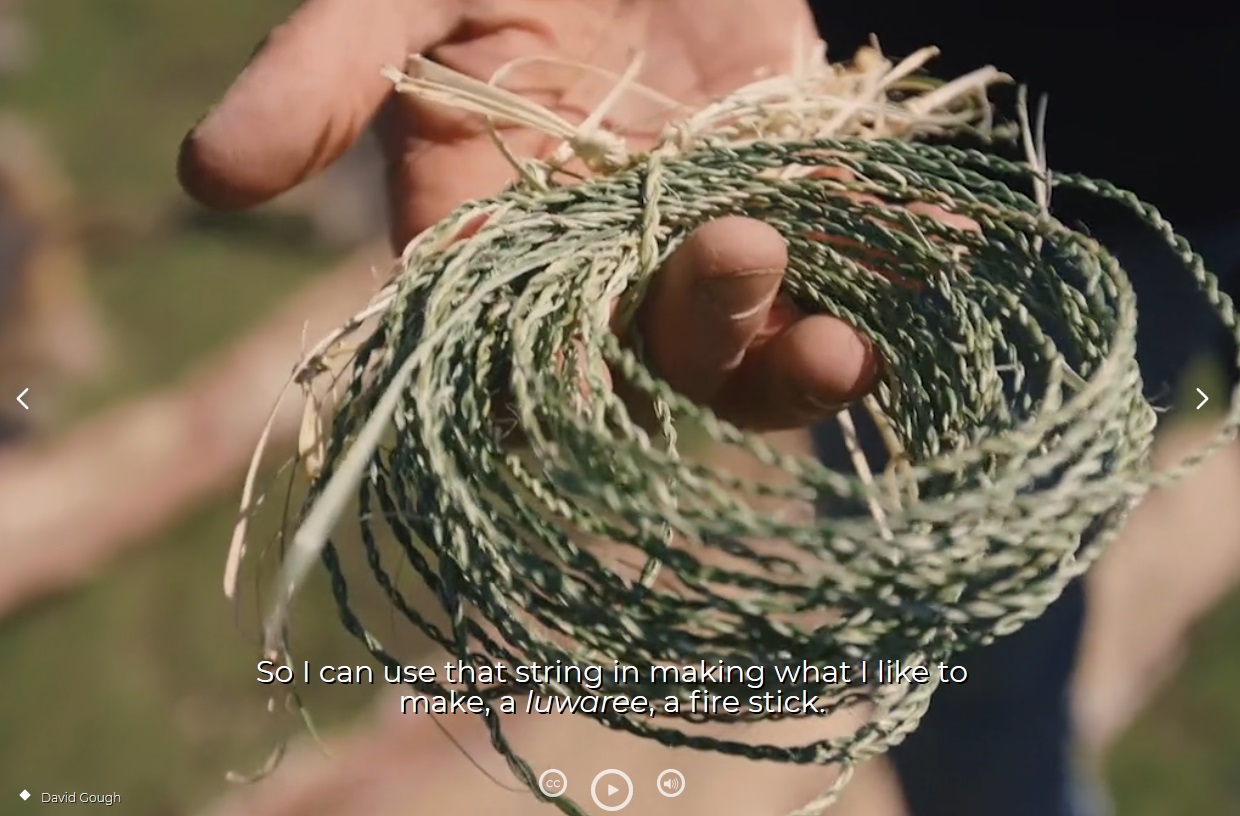
[A screenshot from The Orb multimedia resource, developed by the Department of Education Tasmania].
He says The Orb has been developed to help in the teaching of Tasmanian Aboriginal Histories and Cultures, from early years through to Year 12. Work on the project started back in 2016 and the site went live last year. He says the catalyst was a state government announcement to ‘reset the relationship' with the Tasmanian Aboriginal community.
‘The second priority of this reset agenda was an integration of Tasmanian Aboriginal History and Culture in to Tasmanian schools. From 2016 to the launch of The Orb, conversations with teachers pointed towards the lack of confidence or the fear of getting the information wrong and therefore being disrespectful,' Sculthorpe recalls.
‘The Orb supports the DoE's determination that Aboriginal Education is for all students (in fact all Tasmanians) and that the recognition of First Peoples is an important step in strengthening the belonging that Tasmanian Aboriginal students and parents can feel towards schooling and education in general.'
The fact it's open access means it's not just Tasmanian educators who are benefitting. To date, there have been 55 000 page visits from across the world. ‘We were very deliberate in that we did not want to hide this resource behind department logins and that it would be accessible to everyone with internet access,' Sculthorpe says.
‘Specifically within Tasmania, we are aware of a number of schools within the DoE system that are utilising the resource as well as the Catholic Education system. We've also had a lot support from our interstate counterparts as well as Federal Government, so we are mindful that we have something of a very high standard and want to maintain the level of quality.'
There's plenty to come in 2019, with filming underway for two additional resources to be added to the Living Cultures section – Bushfoods and Shell Necklace. Production is also continuing on the Layers of Time and Connection to Place sections and resources. ‘The wonderful thing about utilising the online space is the freedom it provides us to add resources once they are developed, highlighting the historic as well as living and evolving narrative of the Tasmanian Aboriginal community.'
Sculthorpe adds the AES is now looking at developing professional learning in Tasmania to support implementation of The Orb within classrooms.
Todd Sculthorpe says ‘conversations with teachers pointed towards the lack of confidence or the fear of getting the information wrong and therefore being disrespectful.’
How are you incorporating the Aboriginal and Torres Strait Islander Histories and Cultures cross-curriculum priority?
How do you use external expertise to support and improve your own skills and knowledge?
